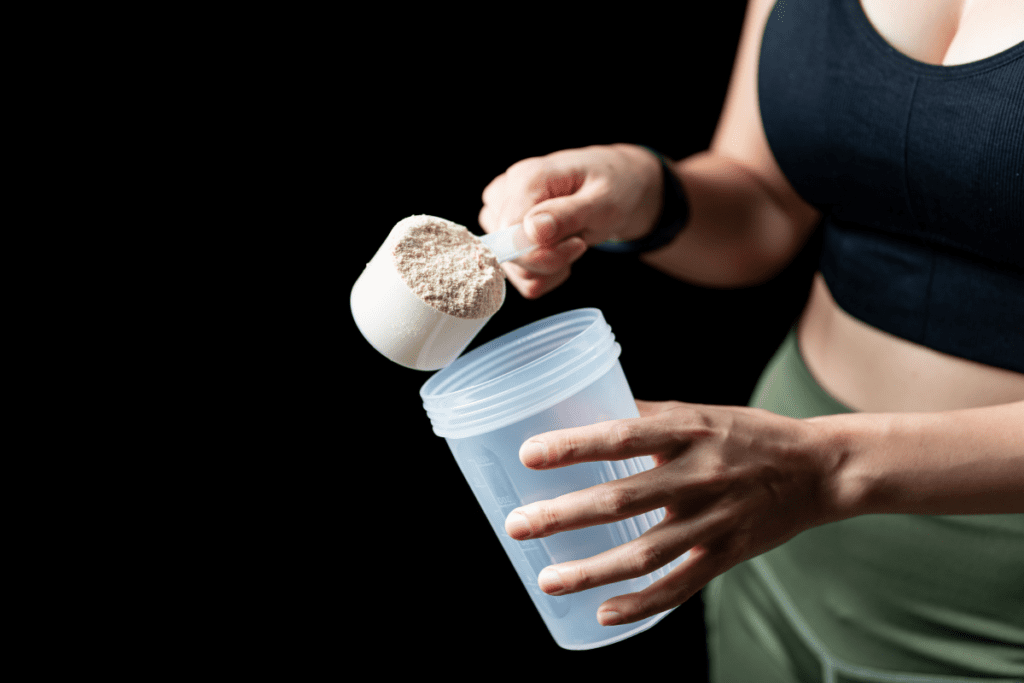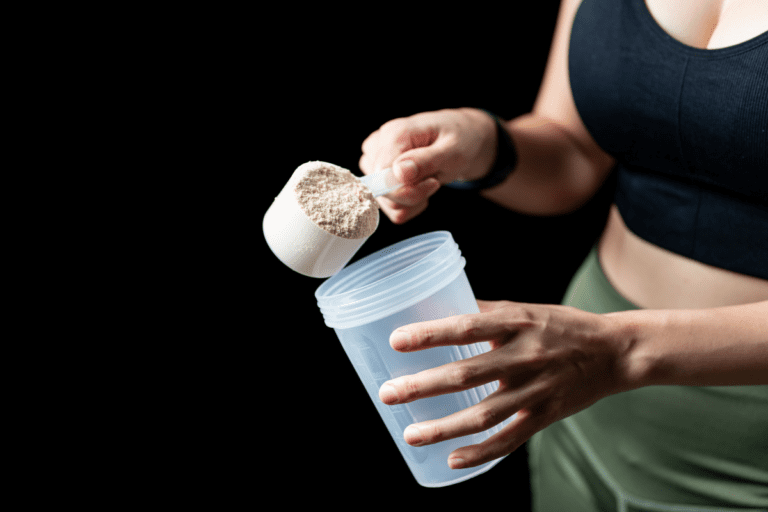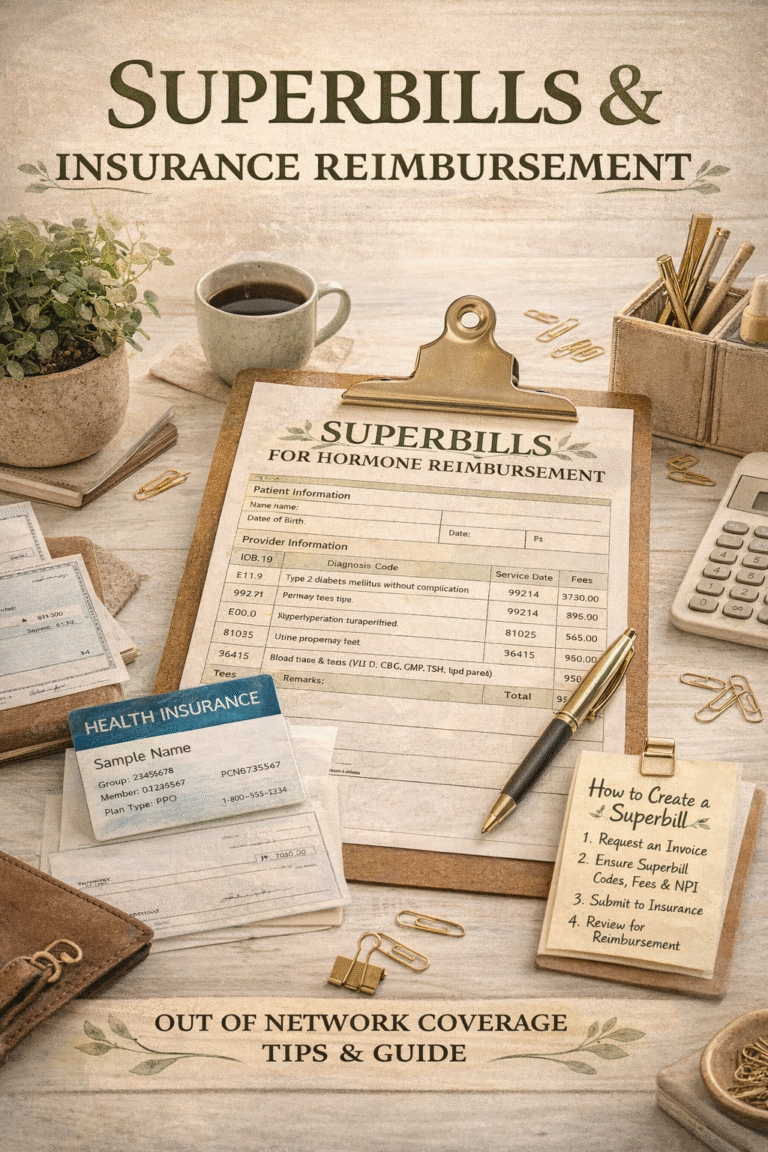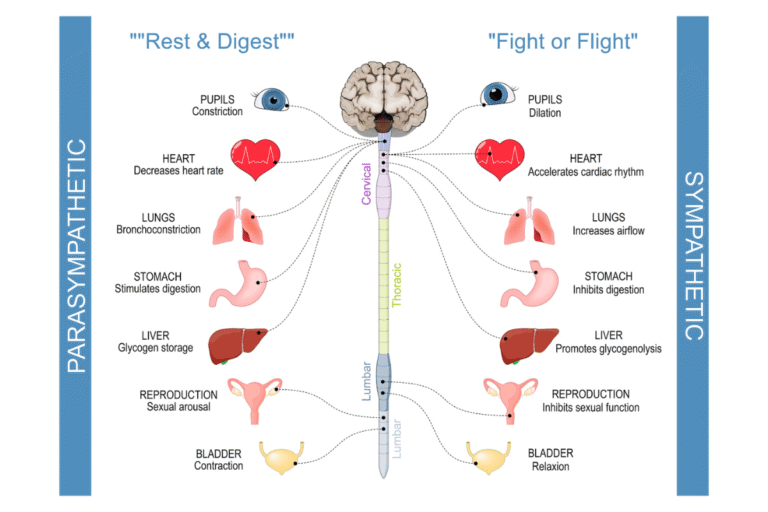
Protein is essential for every stage of life, but its importance grows even more during perimenopause and menopause. As hormonal changes accelerate muscle loss, bone density reduction, and metabolic shifts, increasing protein intake becomes a cornerstone of maintaining strength, energy, and overall health.
For many women, meeting daily protein requirements can be challenging, which is why whey protein powder is an excellent and convenient option. Let’s explore the benefits, types, and ways to incorporate whey protein into your diet.
Why Protein is Crucial During Perimenopause and Menopause
Protein Needs
Perimenopausal and menopausal women require 0.8–1.0 grams of protein per pound of lean body mass or ideal body weight. For women engaged in strength training or other physically demanding activities, requirements may be even higher.
Benefits of Adequate Protein
- Preserves Lean Muscle Mass: Prevents muscle loss (sarcopenia) associated with aging.
- Supports Bone Health: Protein plays a key role in maintaining bone density.
- Boosts Metabolism: Higher protein intake helps maintain a healthy metabolism and supports fat loss.
- Improves Satiety: Keeps you fuller longer, reducing unhealthy snacking.
Why Protein Powder is a Great Option
While whole foods should be the foundation of your diet, protein powders are a convenient way to bridge the gap for women who struggle to consume enough protein through meals alone.
- Ease of Use: Quick to prepare and easy to mix into recipes.
- Digestibility: High-quality protein powders are typically easy to digest and absorb.
- Customizable: Can be flavored or unflavored, allowing for endless recipe possibilities.
Types of Whey Protein: Which One is Right for You?
1. Whey Protein Concentrate
- Protein Content: ~70–80% protein by weight.
- Contains: Small amounts of fat and carbohydrates (including lactose).
- Cost: Generally more affordable.
- Best For: Women who tolerate lactose and want a budget-friendly option.
2. Whey Protein Isolate
- Protein Content: ~90% protein by weight.
- Contains: Minimal fat and lactose, making it easier to digest for those with lactose intolerance.
- Cost: Slightly more expensive than concentrate (~$1.00–$1.50 per serving).
- Best For: Women who want a pure protein source with fewer extras.
3. Whey Protein Hydrolysate
- Protein Content: Similar to isolate but pre-digested for faster absorption.
- Cost: Most expensive (~$1.50–$2.00 per serving).
- Best For: Those with sensitive stomachs or advanced performance goals.
Leucine: The Key to Muscle Growth and Maintenance
Whey protein is superior to many other protein powders due to its high leucine content. Leucine is a branched-chain amino acid (BCAA) that triggers muscle protein synthesis (MPS)—the process of repairing and building muscle tissue.
Whey Protein vs. Plant-Based Proteins
- Whey protein contains 2.5–3 grams of leucine per serving, providing a stronger anabolic response than most plant-based options.
- Comparable proteins include:
- Egg White Protein: Also a complete protein with high leucine content.
- Beef Protein: Good leucine content but often more expensive.
- Goat’s Milk Protein: An alternative for those avoiding cow’s milk, but costly.
While these alternatives can be effective, whey protein isolate is often the most cost-effective and efficient option for most women.
Our Favorite Whey Protein Brands
At Antigravity Wellness, we recommend:
- Thorne Whey Protein Isolate
- Ascent Whey Protein Isolate
- Legion Whey Protein Isolate
(Note: We are not affiliated with these brands but recommend them based on quality and efficacy.)
How to Use Whey Protein Powder
Quick Recipes
- Smoothie: Blend 1 scoop of whey protein with almond milk, frozen berries, and spinach.
- Simple Shake: Mix with water or milk for a quick post-workout drink.
- Yogurt Boost: Stir into unsweetened Greek yogurt with a drizzle of honey.
- Protein Oatmeal: Stir into cooked oats and top with nuts or fruit.
- Baking: Use in recipes for protein-packed muffins, pancakes, or cookies.
Further Reading and Resources
- Forever Strong by Dr. Gabrielle Lyon
- Next Level by Dr. Stacy Sims
- Research Articles:
Support for Your Nutritional Journey at Antigravity Wellness
At Antigravity Wellness, we provide personalized nutrition and fitness coaching to meet the unique needs of perimenopausal and menopausal women. Our services include:
- Protein intake assessment and recommendations.
- Meal planning and recipe ideas.
- Access to high-quality supplements, including whey protein powders, through our Fullscripts dispensary.
If you’re ready to optimize your health and fitness, schedule a brief initial consult today and let us guide you on your journey.




